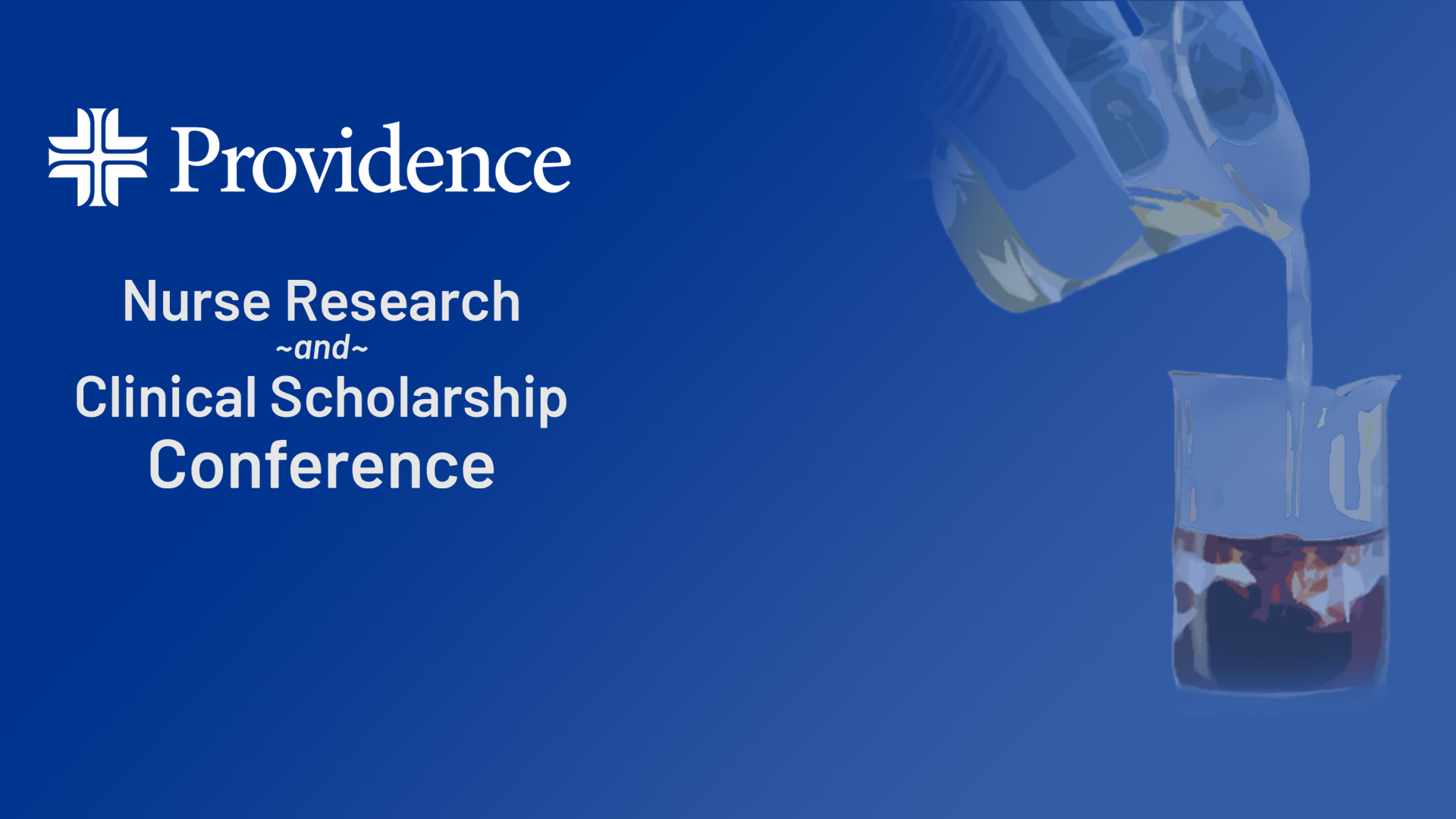
Location
Virtual
Start Date
1-3-2024 8:00 AM
End Date
1-3-2024 3:30 PM
Keywords:
california; orange
Description
Background:
Pressure injuries have detrimental effects on patients healing and outcomes and are costly to organizations due to payment programs. Pressure injuries are largely preventable if appropriate interventions are implemented early. In our ICU, post-pandemic monitoring showed increases in hospital-acquired pressure injuries (HAPIs) and consults for medical device HAPIs were increasing. Rounds with wound care department indicated lack of staff compliance with recommended preventive practices. Some issues reported were the use of diapers and excessive linens, failure to use scheduled turning for patients, lack of prevention related to medical devices
Purpose:
The goal of this skin-care management project is to educate staff in the ICU and respiratory department on evidence-based prevention techniques to decrease new incidents of HAPIs and medical device related pressure injuries
Methods:
Design: Evidence Based Practice in 20 bed ICU
- Intervention:
- Developed written comprehensive guidelines for staff
- Education to all ICU nurses, float staff and travelers, and respiratory staff at annual skills days; one-on-one education for those orienting to the unit
- Emphasis on diaper elimination, adequate turn schedule (with documentation), new skin products, protective devices (e.g., Zflex boots, mepilex foam)
- Collaborate with Respiratory department on ensuring rotation of medical devices and proper prevention strategies
- Skin reference “board” posted in the unit for all to see (frequently updated)
- Audit 20+ charts monthly and patient rooms (when rounds made) for appropriate prevention products and usage
Implementation of audits and education began summer 2022, completion of education Fall 2022; one-on-one counseling of staff based upon audits.
- Data: Monitor HAPI prevalence quarterly.
Results:
Process indicators (e.g., documentation of preventive practices, use of protective devices) used for one-on-one counseling only; not tracked. Downward trend from 4Q 2022 at 12 HAPI to 3Q 2023 at 2. 11 medical devices related to HAPIs in the first/second quarter of 2023 were found after education, showing a continual need for audits and frequent educational reminders for staff.
Conclusions:
Frequent monitoring and education reduced pressure injuries. There was a significant decrease in medical device related injuries. Routine audits with one-on-one counseling help keep the nurses/Respiratory therapists accountable and compliant with prevention strategies and provide information on areas in need of improvement.
Implications for practice:
Reduction/elimination of pressure injuries can be achieved with well-developed prevention guidelines, intensive education, regular audits with feedback to staff, and implementation of evidence-based practices. Continued monitoring and education can ensure maintenance of results and can essentially be continued to all units of the hospital.
Recommended Citation
Lannoo, Chelsea, "An Evidence-Based Skin Management Improvement Project in the Intensive Care Unit" (2024). Providence Nursing Research Conference 2023 – Present. 4.
https://digitalcommons.providence.org/prov_rn_conf_annual/2024/posters/4
Specialty/Research Institute
Critical Care Medicine
Specialty/Research Institute
Nursing
Included in
An Evidence-Based Skin Management Improvement Project in the Intensive Care Unit
Virtual
Background:
Pressure injuries have detrimental effects on patients healing and outcomes and are costly to organizations due to payment programs. Pressure injuries are largely preventable if appropriate interventions are implemented early. In our ICU, post-pandemic monitoring showed increases in hospital-acquired pressure injuries (HAPIs) and consults for medical device HAPIs were increasing. Rounds with wound care department indicated lack of staff compliance with recommended preventive practices. Some issues reported were the use of diapers and excessive linens, failure to use scheduled turning for patients, lack of prevention related to medical devices
Purpose:
The goal of this skin-care management project is to educate staff in the ICU and respiratory department on evidence-based prevention techniques to decrease new incidents of HAPIs and medical device related pressure injuries
Methods:
Design: Evidence Based Practice in 20 bed ICU
- Intervention:
- Developed written comprehensive guidelines for staff
- Education to all ICU nurses, float staff and travelers, and respiratory staff at annual skills days; one-on-one education for those orienting to the unit
- Emphasis on diaper elimination, adequate turn schedule (with documentation), new skin products, protective devices (e.g., Zflex boots, mepilex foam)
- Collaborate with Respiratory department on ensuring rotation of medical devices and proper prevention strategies
- Skin reference “board” posted in the unit for all to see (frequently updated)
- Audit 20+ charts monthly and patient rooms (when rounds made) for appropriate prevention products and usage
Implementation of audits and education began summer 2022, completion of education Fall 2022; one-on-one counseling of staff based upon audits.
- Data: Monitor HAPI prevalence quarterly.
Results:
Process indicators (e.g., documentation of preventive practices, use of protective devices) used for one-on-one counseling only; not tracked. Downward trend from 4Q 2022 at 12 HAPI to 3Q 2023 at 2. 11 medical devices related to HAPIs in the first/second quarter of 2023 were found after education, showing a continual need for audits and frequent educational reminders for staff.
Conclusions:
Frequent monitoring and education reduced pressure injuries. There was a significant decrease in medical device related injuries. Routine audits with one-on-one counseling help keep the nurses/Respiratory therapists accountable and compliant with prevention strategies and provide information on areas in need of improvement.
Implications for practice:
Reduction/elimination of pressure injuries can be achieved with well-developed prevention guidelines, intensive education, regular audits with feedback to staff, and implementation of evidence-based practices. Continued monitoring and education can ensure maintenance of results and can essentially be continued to all units of the hospital.




